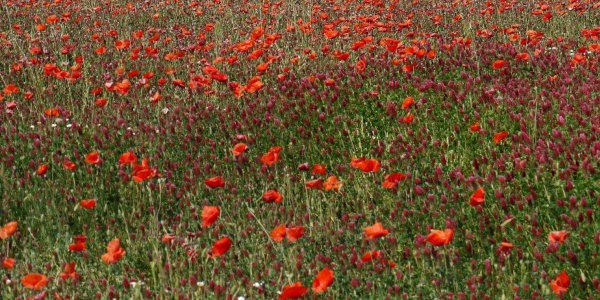In 1914 the sons of Albion answered the call of empire and they joined the Canadian Army in droves. I had two grandfathers and a granduncle in the Canadian Corp who shipped overseas to Flanders Fields.
The Canadian Corp distinguished itself in action because they were able to adapt to the harsh environment of industrial warfare with its hail storms of machine gun bullets, as if they were adapting to a hail storm in the harsh Canadian wilderness. They were pioneers or the sons of pioneers who knew they had to work hard to survive; just like back home.
How did those brave men survive in Flanders?
Maybe a prairie sod hut was like a bomb shelter
Or cutting old growth Douglas fir was just as tough as digging trenches
Jigging for cod till your fingers bled;
A foretaste of stringing barbed wire
The dust and heat of a woolen factory; like a gas attack
Hunting and fishing for survival
Frigid winters made men that could survive and thrive
In a dangerous place like Flanders
The Canadian Corp distinguished itself throughout the war. At Ypres a U of T chemical engineering grad ordered the troops to urinate in their handkerchiefs because of the mustard gas. They followed the unusual order and the alkaline in the urine countered the chlorine in the gas, and they held the line when all others ran away.
At Vimy Ridge they were ordered to take the fortress like enemy defenses. They built Canada’s biggest little city east of Montreal to prepare for the battle. Vimy had barracks, kitchens, offices, hospitals, a music hall, a subway and the Canadian Corp won the battle.
Their success was in part because of General Currie, born in Ontario and a Queens’s grad, who did poorly at real estate in Victoria. He was even accused of stealing money for his uniform. He was almost as wide as he was tall; he had big hips and wore riding breeches called jodhpurs that bagged out at the hips. But his stature cast a giant’s shadow.
This unlikely hero was a innovator who led men who invented many new tactics to survive and win in war. The advancing barrage, real time aerial reporting, designated goals set to a time schedule, and a work ethic. These tactics made the Canadian Corp so successful that the enemy thought them to be elite soldiers.





